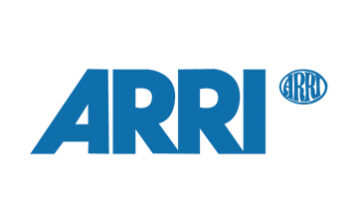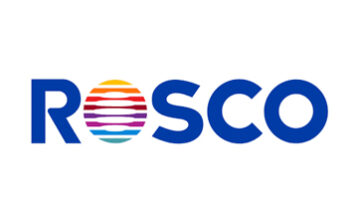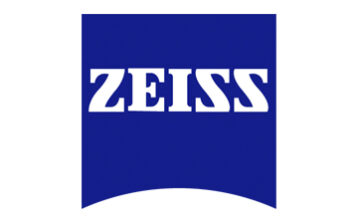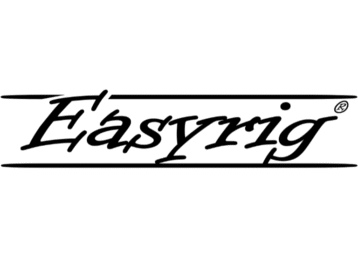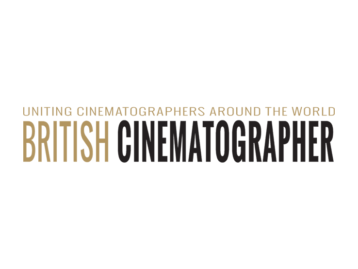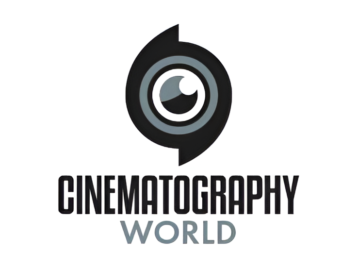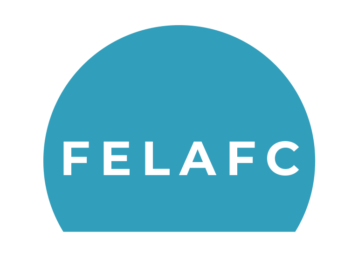
Evgenia Alexandrova, AFC, stands as a testament to the boundary-crossing nature of cinema. With roots in Saint Petersburg, Russia, and an enriching creative journey shaped by French academia and international experiences, her work embodies a blend of intuition, emotional depth, and technical precision. Known for her collaborative spirit and vibrant cinematography, Evgenia’s storytelling approach is deeply personal, reflecting her vast cultural background and an unwavering commitment to meaningful narratives.
While her journey into cinematography began late, her intrigue with cinema blossomed at an early age. At 14, she was captivated by the medium but was unsure of how to access it. Growing up in Russia, she perceived the film industry as an exclusive enclave, where one needed connections to gain entry. Therefore, she focused her early years on education and pursued a business degree, thinking that cinema might remain a distant dream. However, at 22 she encountered someone who demystified the operations behind filmmaking. This fortuitous moment unveiled the magic of the cinematographer’s role, described to her as “somebody who creates the atmosphere of the film.” From then on, she knew she needed to dive headfirst into cinema.

Her transition, however, was anything but conventional. After graduating from La Fémis (Ecole Nationale Supérieure des Métiers de l’Image et du Son), Evgenia avoided the traditional hierarchical path of slowly climbing through the ranks of the camera team. “When I finished my cinema studies, I was 28, and I felt like I couldn’t lose more time. I did a bit of assistance, just to understand it, but I quickly went straight into directing photography for short films—unpaid at first, then paid,” she reveals. Over the years, she honed her craft by working on 50 short films before entering the world of feature-length projects.
Evgenia’s professional philosophy is as much about people as it is about the image. For her, the role of a Director of Photography goes beyond composing aesthetically pleasing frames or managing lights; it’s about leading a crew and translating artistic ideas into reality. “The director gives the direction, but as DP, you bring ideas to life and guide everyone to that vision,” she explains. Her multicultural background—having lived in Russia, France, and traveled extensively—has shaped her ability to understand and connect with people from all walks of life. “I’ve worked with so many different cultures, which taught me how to observe people,” she notes, emphasizing the importance of communication and intuition on set. This international experience fosters her adaptability and her belief in staying flexible while leading a team or collaborating with directors.
Throughout her career, Evgenia has learned to trust her instincts to be a confident cinematic leader. “It was a long psychological journey to present myself as legitimate,” she acknowledges. Today, she embraces the dynamic energy of set life, balancing preparation with the spontaneity that filmmaking demands: “I like to be present in the moment. What happens in front of the camera has to feel alive—it cannot be just what I imagined in my head.”
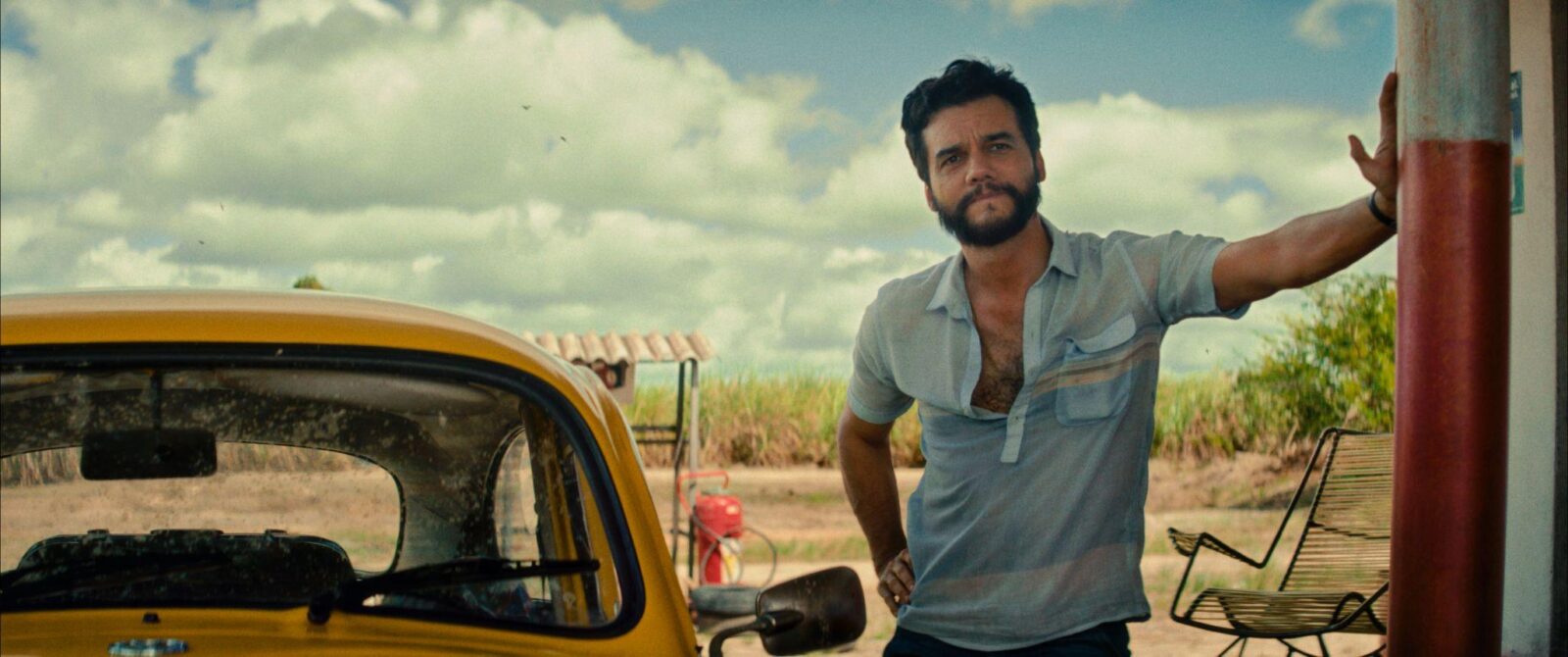
Particularly drawn to handheld shooting, Evgenia describes operating a camera as an intimate dance with actors. “It’s about distance, position, and presence,” she says, adding that these moments of synergy are what invigorate her. She speaks fondly of working with actors like Wagner Moura, with whom she collaborated in The Secret Agent, directed by Kleber Mendonça Filho. “He’s a very generous and attentive person, and we developed a trusting relationship on set,” she shares. One standout moment involved a spontaneous handheld scene where Moura’s character is filled with anxiety. “Kleber wasn’t initially into handheld cameras, but at that moment, it just felt perfect. There was such incredible energy between the camera and Wagner—it was like a shared pulse.”
Her collaboration with Mendonça Filho on The Secret Agent was a turning point in her career. Evgenia immediately fell in love with the complexity of the script, which resonated with her identity as someone who grew up in post-Soviet Russia. “I connected deeply with the story because of my country’s past. There are such strong similarities between Brazil and Russia—both are vast nations with vibrant cultures but also struggles like racism and poverty. When I read the script, I knew exactly how it felt,” she explains. She admired Mendonça Filho’s vision of rejecting dim, moody imagery for a drama, instead embracing Brazil’s vibrant, colorful essence. “It’s so Brazilian to think, ‘Death is coming, but let’s dance!’” she laughs, recognizing the joy and resilience embedded in the film.
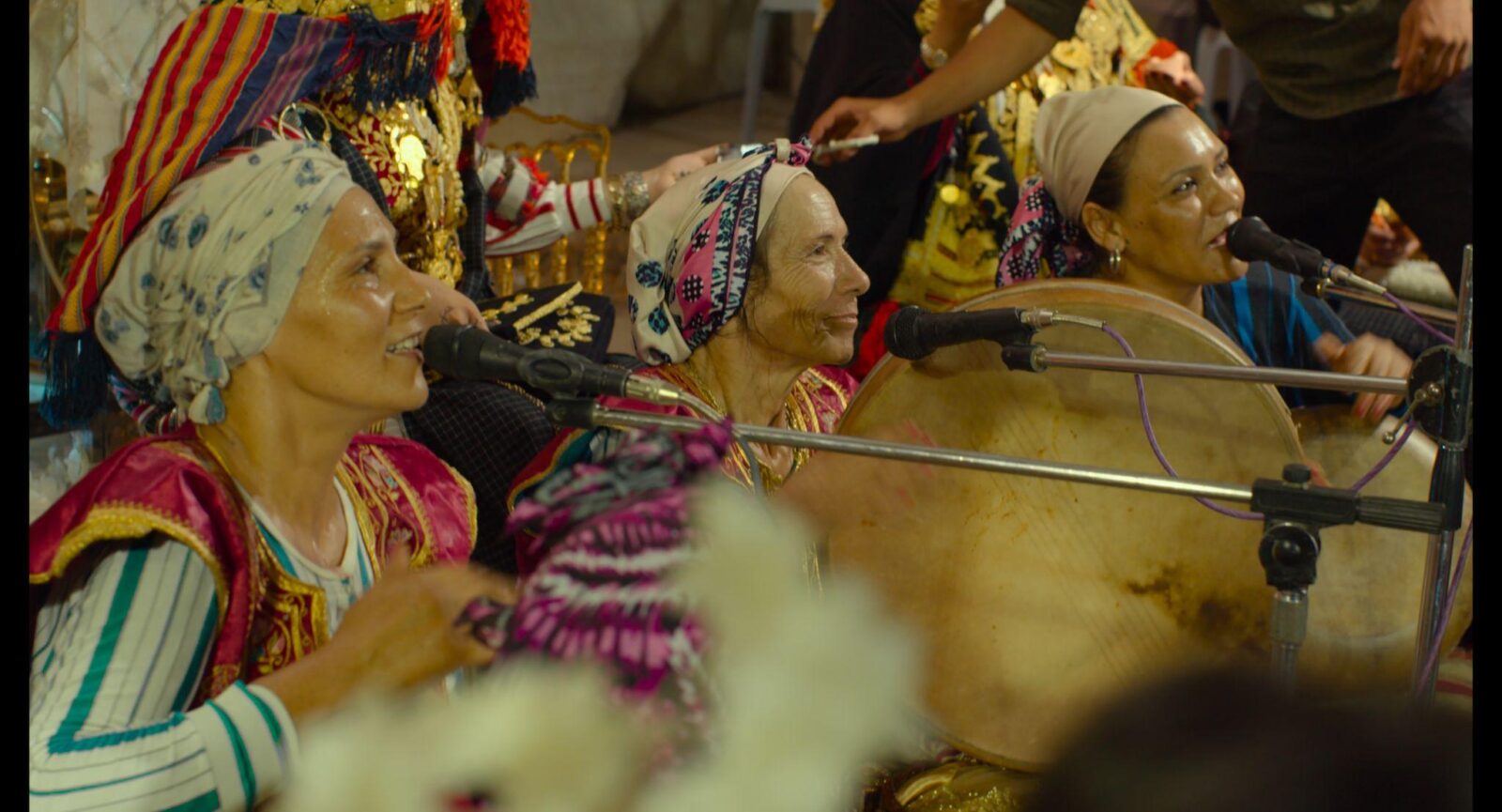
Despite the challenges of working on a script with more than 160 pages shot across multiple locations, Evgenia saw the project as a deeply fulfilling experience. The film premiered at the Cannes Film Festival, where its vibrant storytelling and technical achievement received wide acclaim. “The room in Cannes was beautiful, and the audience reacted so enthusiastically. It was moving to see how alive the film felt to them.”
Her work process often begins with research and references, but her inspirations are not strictly limited to visual sources. Evgenia sometimes draws ideas from literature or even personal reflections. “For me, it’s not just about images; sometimes, a book with a similar character or theme will spark something,” she says. This multidisciplinary approach was evident in projects like Heartless, where she worked with amateur actors to create vivid and raw imagery, or in the documentary Machtat, where she filmed with prime lenses, placing herself in close physical proximity to her subjects to build intimate connections. Another milestone was The Balconettes, where she pushed aesthetic boundaries with vibrant colors, radical camera movements, and intricate blocking.
Evgenia’s diverse body of work reflects her reluctance to be tied to a single style. “I don’t want to be recognized for doing the same thing every time,” she says. “I hope people see a strong sense of proposition in everything I do—a willingness to try something different.” ]
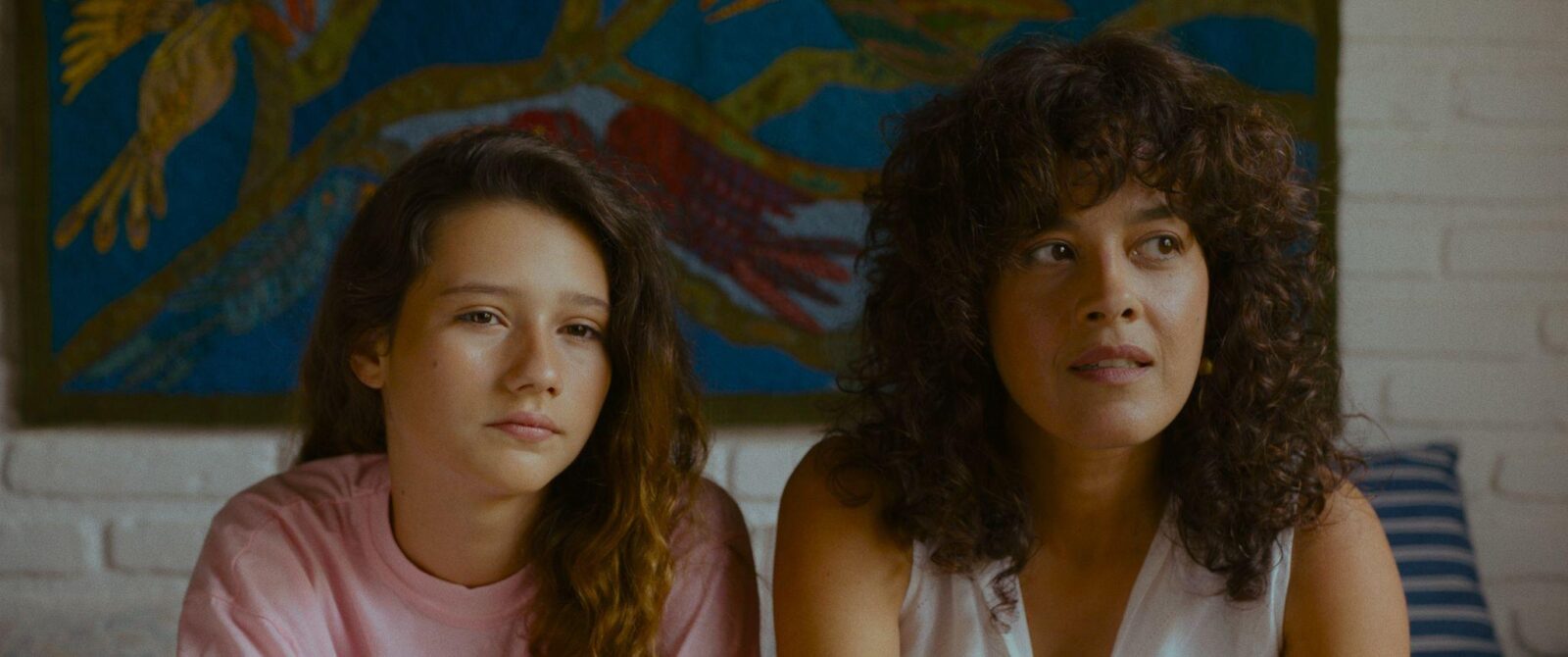
Looking ahead, Evgenia continues to expand her international career with projects such a new fiction as well as a Brazilian documentary. Reflecting on her journey, she remains grounded and inspired by the ever-changing nature of the craft. “What I liked in an image 10 years ago is very different from what I admire now,” she says. With her unrelenting curiosity and artistic courage, Evgenia Alexandrova is a beacon in contemporary cinematography, weaving stories that sparkle with authenticity, depth, and humanity.




